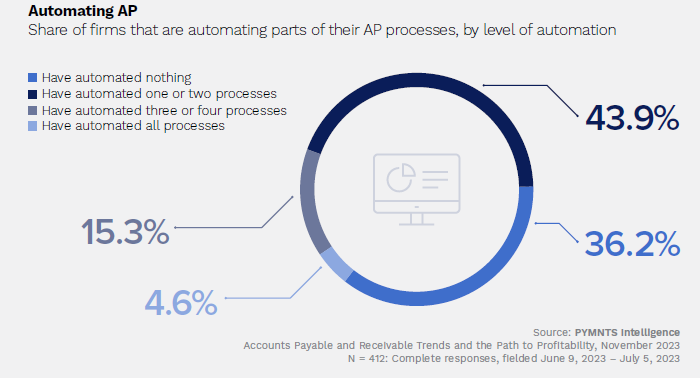Ukrainian automation startup OSK is looking to create Home Assistant-compatible modular DIN-mountable devices with openly accessible schematics — designed to bridge the bap between a full-DIY approach and expensive off-the-shelf alternatives.
“Open Smart Kit (OSK) is a set of open source [Espressif] ESP32-based modules ideal for a variety of automation tasks, including home automation. All OSK modules are enclosed and support DIN rail mounting,” the company’s founders, Bogdan Symchych and Volodymyr Fuchenko explain. “Open Smart Kit fills the gap between a fully DIY automation solution, which may require a lot of knowledge and effort with non-optimal results, and professional devices that are often expensive, proprietary and closed-source.”
OSK is looking to make it easier to build a DIY home automation system, with its modular control units. (📷: OSK)
So far, the company has designed three modules, all built around an Espressif ESP32 system-on-chip with a 32-bit dual-core Tensilica Xtensa LX6 processor, 802.11b/g/n Wi-Fi and Bluetooth 4.2 and Bluetooth Low Energy (BLE) connectivity. The first is the Relay S1, which offers eight two-contact mechanical relays good for 6A at 250VAC or 30VDC and 16 general-purpose input/output (GPIO) pins. The Relay A1 has the same specifications, except uses solid-state relays with a limit of 2A at 240VAC. Finally, the DC S1 offers six power MOSFETS for control of devices at up to 6A 48VDC.
All three modules share the same overall design, with daughterboards fitting into edge connector slots on a carrier board which brings everything out to screw terminals to the upper and lower edges. All include RS485 and CAN bus support, along with support for wired 10/100 Ethernet if Wi-Fi or Bluetooth prove too unreliable. A USB Type-C port is provided for programming, while the boards can be powered from a 12V supply.
Each carrier board breaks out its functionality into daughterboards, keyed to ensure the right ones go in the right place. (📷: OSK)
“Each module is a complete device that is ready to use out of the box. Don’t worry about assembling, enclosing, or how to mount it,” the OSK team claims. “[It] does not lock the user into a particular ecosystem. OSK can be integrated with a variety of different devices and services. [It’s] easy to program. Can be flashed via USB Type-C and OTA with custom firmware (Arduino/ESP-IDF) or ESPHome.”
True to the company’s “open” promise, OSK has released schematics for each board to a GitHub repository — though it has not specified the license, nor released PCB design files. The company is, however, planning to make the hardware available via Crowd Supply in the near future, at an as-yet unconfirmed price point.










